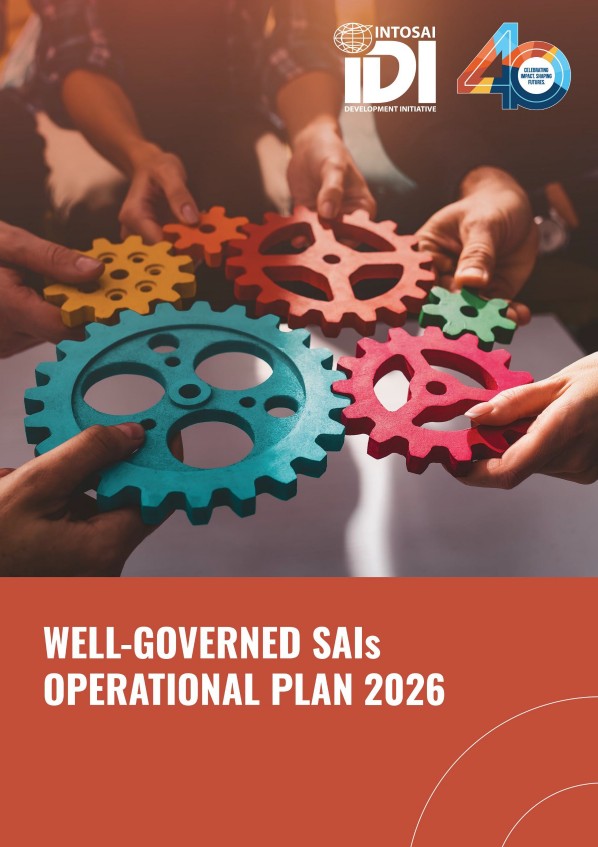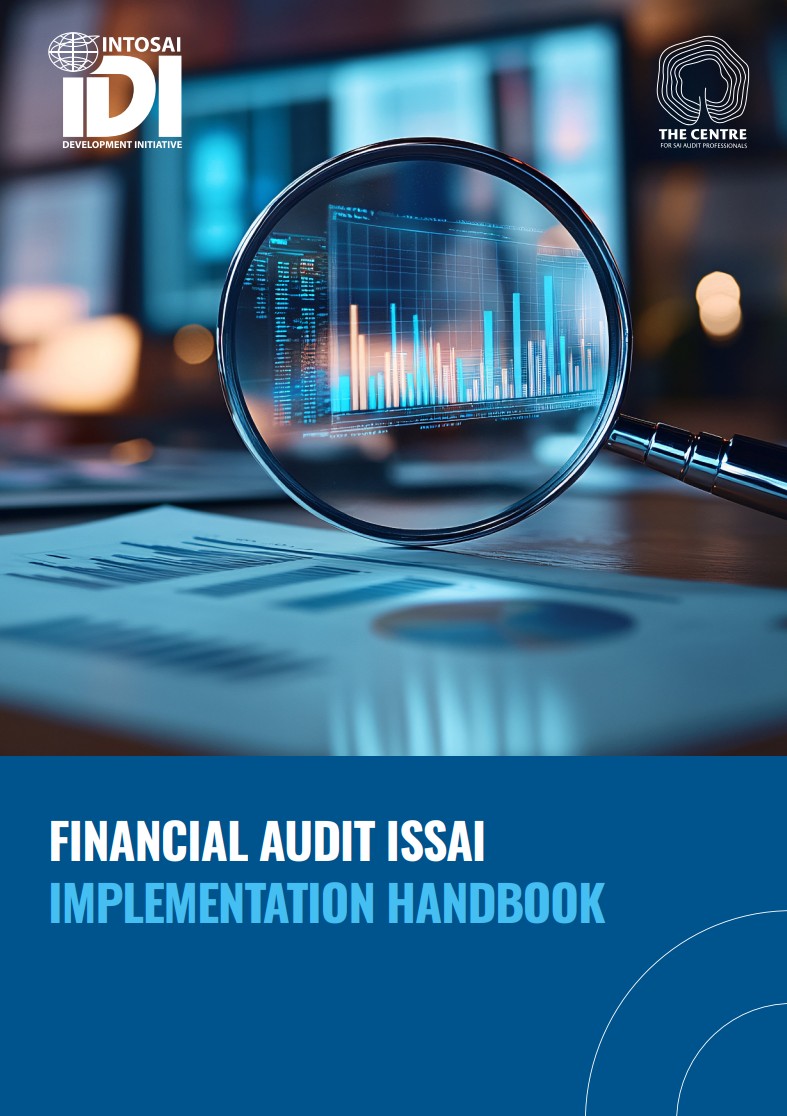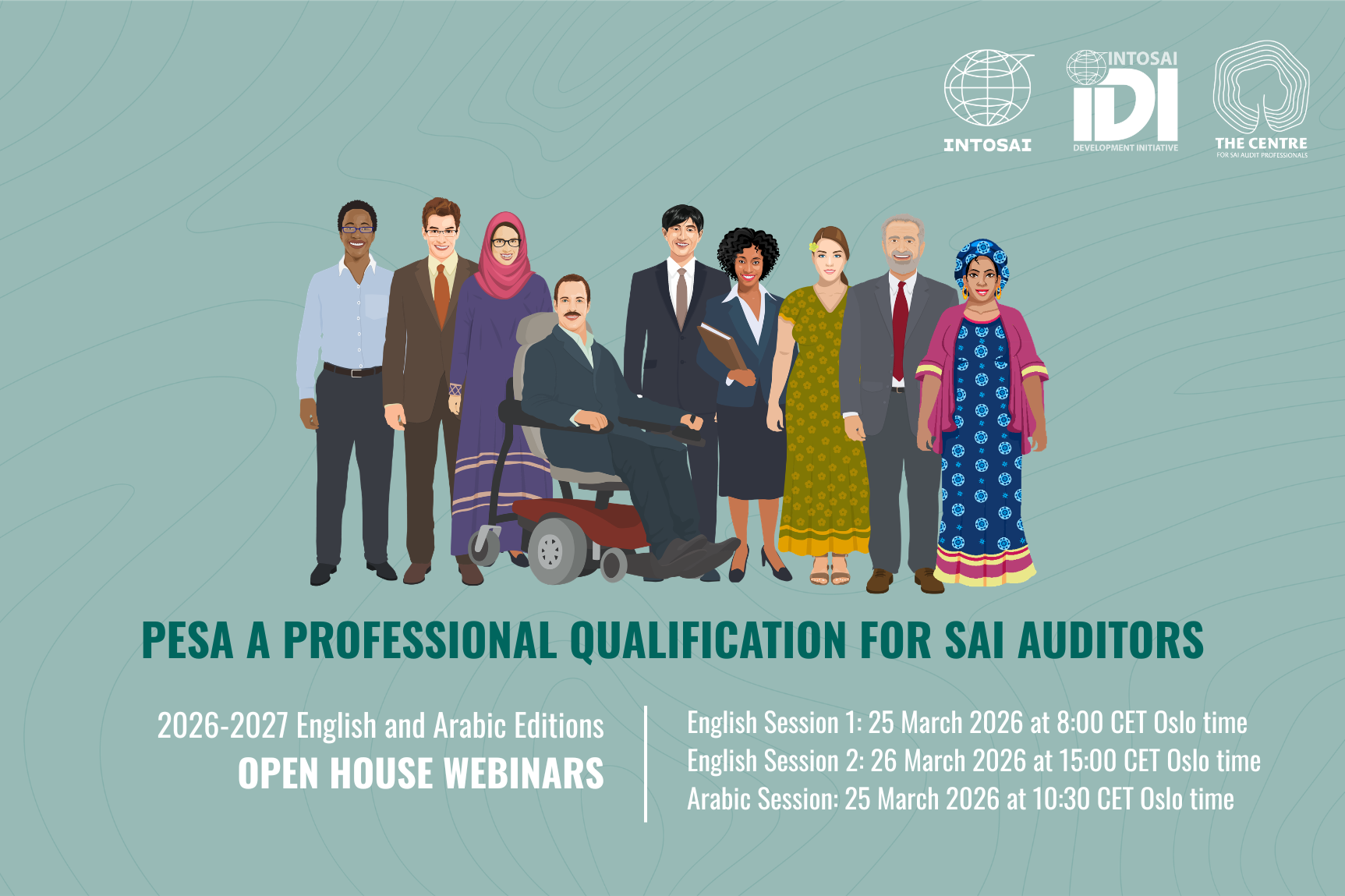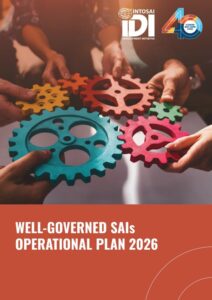
- About US
-
-
About
IDI supports Supreme Audit Institutions (SAIs) in developing countries to sustainably enhance their performance and capacity.Overview
-
-
-
-
-
- Our Work
-
-
Our Work
Learn more about where, how, and what IDI delivers through its support for Supreme Audit Institutions (SAIs)Overview
-
-
Our initiatives
- AQMSAudit Quality Management Specialist Certificate
- CADRE GFPStrengthening Collaboration, Action, and Dialogue with SAIs and CSOs
- The CentreThe Centre for SAI Audit Professionals
- CCAAGlobal Cooperative Audit of Climate Change Adaptation Actions
- CRISPCrisis and Risk Management for SAI Performance
- EFAEqual Futures Audit
- FAIFacilitating Audit Impact
- GPSIGlobal Project on SAI Independence
-
-
- GSAIGlobal SAI Accountability Initiative
- LEG SAISafeguarding SAI Legal Frameworks
- LOTALeveraging on Technological Advancement
- MasteryUnlock Your Leadership Potential
- PESAA Professional Qualification for SAI Auditors
- pICTureSupporting SAIs in strengthening their ICT Governance
- SAI Governance Academy
- SAI Innovations
-
- SAI PMFSAI Performance Measurement Framework
- SIRAMSAI Independence Rapid Advocacy Mechanism
- SDGsAuditing the SDGs
- SoAQMSystem of Audit Quality Management
- SPMRStrategy, Performance Measurement, and Reporting
- SYLSAI Young Leaders
- Sustainable Audit Practices
- TogetherEffective, Inclusive, and Ethical HR Governance
-
-
-
-
-
-
-
-
-
-
- Resources
-
-
-
-
Featured content

-
-
-
-
-
- News & Events
- Get Involved
- IDI LMS
Search

